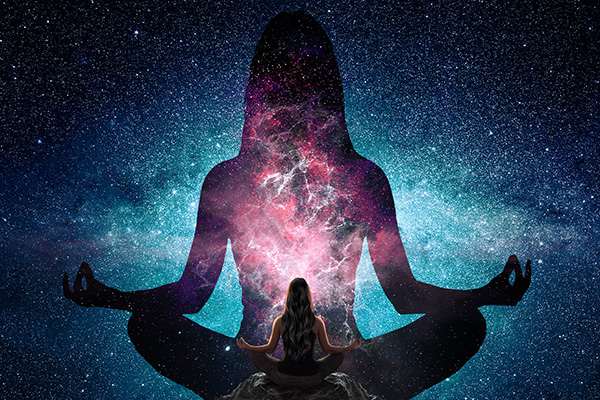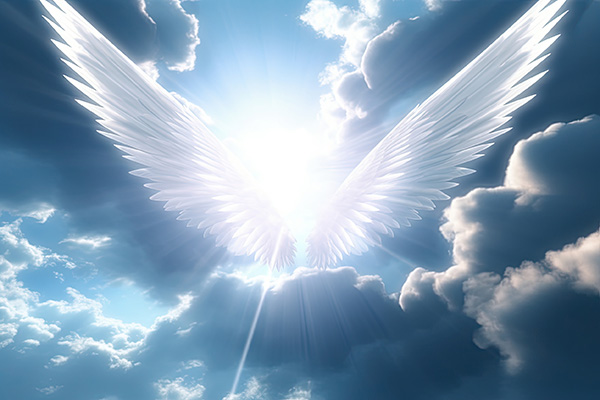soul
The Difference Between Soul Rescue And Soul Retrieval
 In shamanic and spiritual traditions, soul recovery practices are based on the understanding that a person’s soul essence or ‘life force’ can become fragmented or lost due to trauma.
In shamanic and spiritual traditions, soul recovery practices are based on the understanding that a person’s soul essence or ‘life force’ can become fragmented or lost due to trauma.
While these two shamanic arts are closely related and often assumed to be the same practcie, they refer to different contexts of healing. There is a subtle, but key difference.
Soul retrieval is the most common term used in modern shamanism and it is based on the idea of soul loss.
When a person experiences a severe physical or emotional trauma, such as an accident, abuse, grief, or a difficult breakup, a part of their vital essence may abandon the body to survive the experience. This is essentially a spiritual survival mechanism, similar to dissociation in psychology.
This disassociation might be related to the trauma of a car accident or extreme injury, or perhaps a memory of a time in someone’s life when an attribute of their soul felt threatened or fearful.
Other typical examples include physical, sexual or emotional abuse as a child; a feeling of abandonment after the death of a relative; financial ruin; nearly dying; or loss of a job.
Someone suffering from this kind of soul loss might feel “spaced out,” numb, incomplete, or like they are watching their life from the sidelines. Chronic depression or a sense that “I haven’t been the same” since the traumatic event are common indicators.
You Are A Human Being, Not A Human Doing!
 We are living in a fast-paced world where we feel we must do many things every day, hardly having much time to just be. To just stop. To think. To just be.
We are living in a fast-paced world where we feel we must do many things every day, hardly having much time to just be. To just stop. To think. To just be.
Instead of embracing the fact that we are a human beings, we are in this day and age more focused on being humans doing.
We get caught in up in the web of life, with its chaos and drama. And we get frustrated and feel so rushed. There is no time to truly do the things we want to do; to spend time doing the things that matter the most.
Today, take a moment to just sit for a few minutes and simply do nothing.
Meditate. Just think about nothing and if thoughts come in, ask yourself: is this thought helping me to get in alignment with my true self? Am I in touch with the higher self that allows happiness to be a part of my space and life?
If the thoughts that are coming in are not happy or healthy, or not helping you to be spiritually aware and give you that feeling of being fulfilled, then you just allow them to go in and out. Just let it be.
No need to over think, or evaluate, or spend energy on it. Just let it go. If a thought comes in and it’s a stressor for you, note it and remember to maybe get rid of that thought or person from your life.
The Powerful Bond Of A First Love Connection
 I think we can really feel the intensity of true love the most when we are young and experience falling in love for the first time. The feeling is so strong and all encompassing.
I think we can really feel the intensity of true love the most when we are young and experience falling in love for the first time. The feeling is so strong and all encompassing.
When love takes over everything in the world just feels so much better. The grass is greener and everything is perfect and good, in a way that words simply cannot express. If you fall madly in love with someone, and you are really lucky and get to have and hold that love, it is even more profound and deep-seated.
I was fortunate to experience this once. It happened while I was working as a bagger at a local grocery store. I stood up, after stocking the paper bags, and suddenly locked eyes with a wonderful soul. He obviously felt the same way, because he returned with his phone number that he had written on a small piece of paper for me.
We had a wonderful romantic relationship for nearly four years. He ended up finishing medical school several states South from where we initially met. Despite my fear of flying, I did fly down to see him once. I also took my Tarot cards and did a few readings for him. The ‘Death’ card kept popping up, but I kept reassuring him that it usually means ‘transition’, and not to worry, no one is going to die.
He came home for a family visit a few months later. I was sitting at his parents’ pool in the back yard, where he grew up. I suddenly sensed something terrible. I had this overwhelming and ominous premonition that someone in his family was going to die. Being so connected to him, I felt that it wouldn’t be him, but his brother. I felt very strongly about this. Seeing him playing his guitar, so alive and happy, I could not begin to imagine losing him.
 There are angels and spirit guides that work with us daily. They change at times, depending on what we need. They are always within reach and can hear our requests, our tears, and our laughter. They feel our sadness and joy.
There are angels and spirit guides that work with us daily. They change at times, depending on what we need. They are always within reach and can hear our requests, our tears, and our laughter. They feel our sadness and joy.

